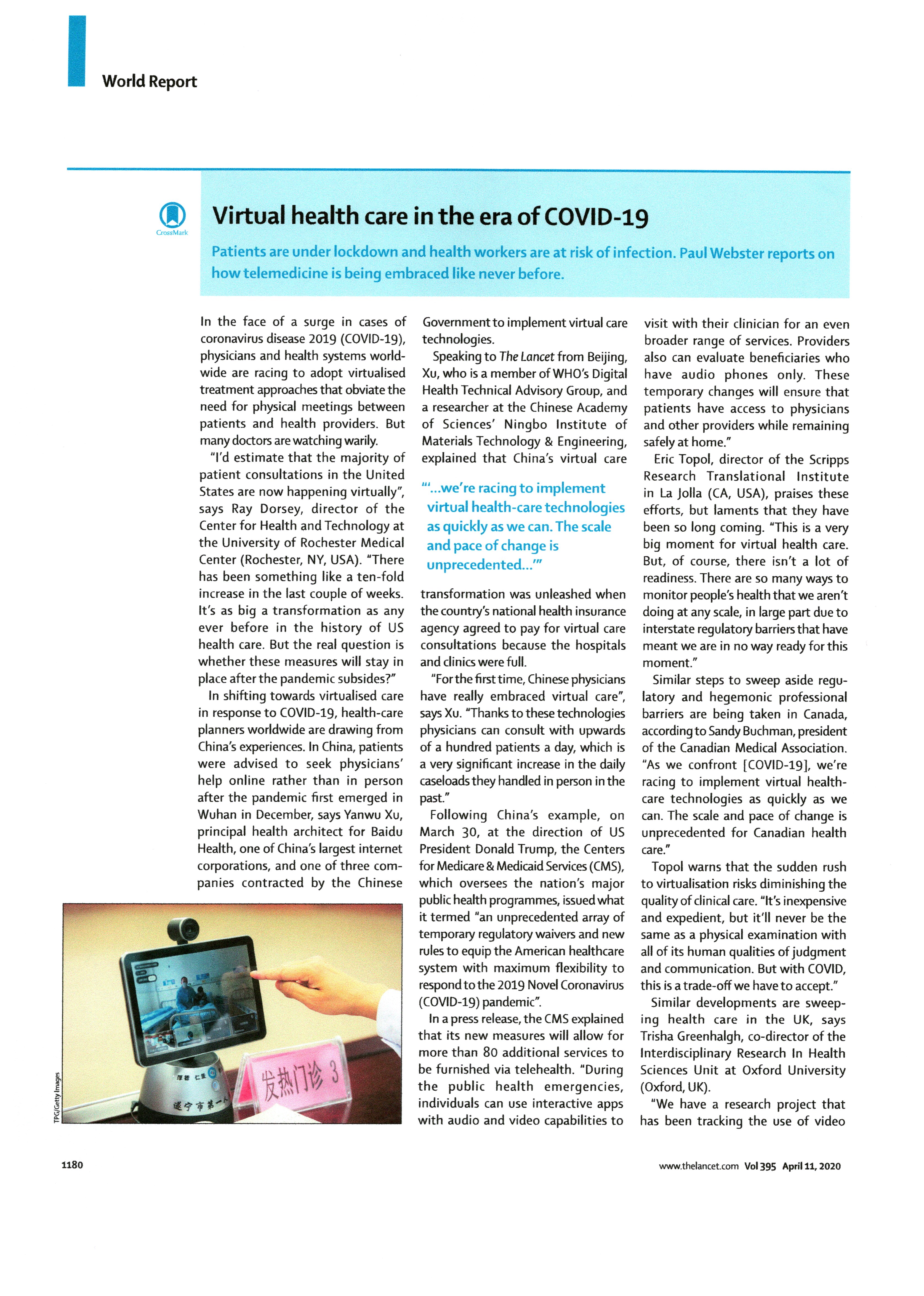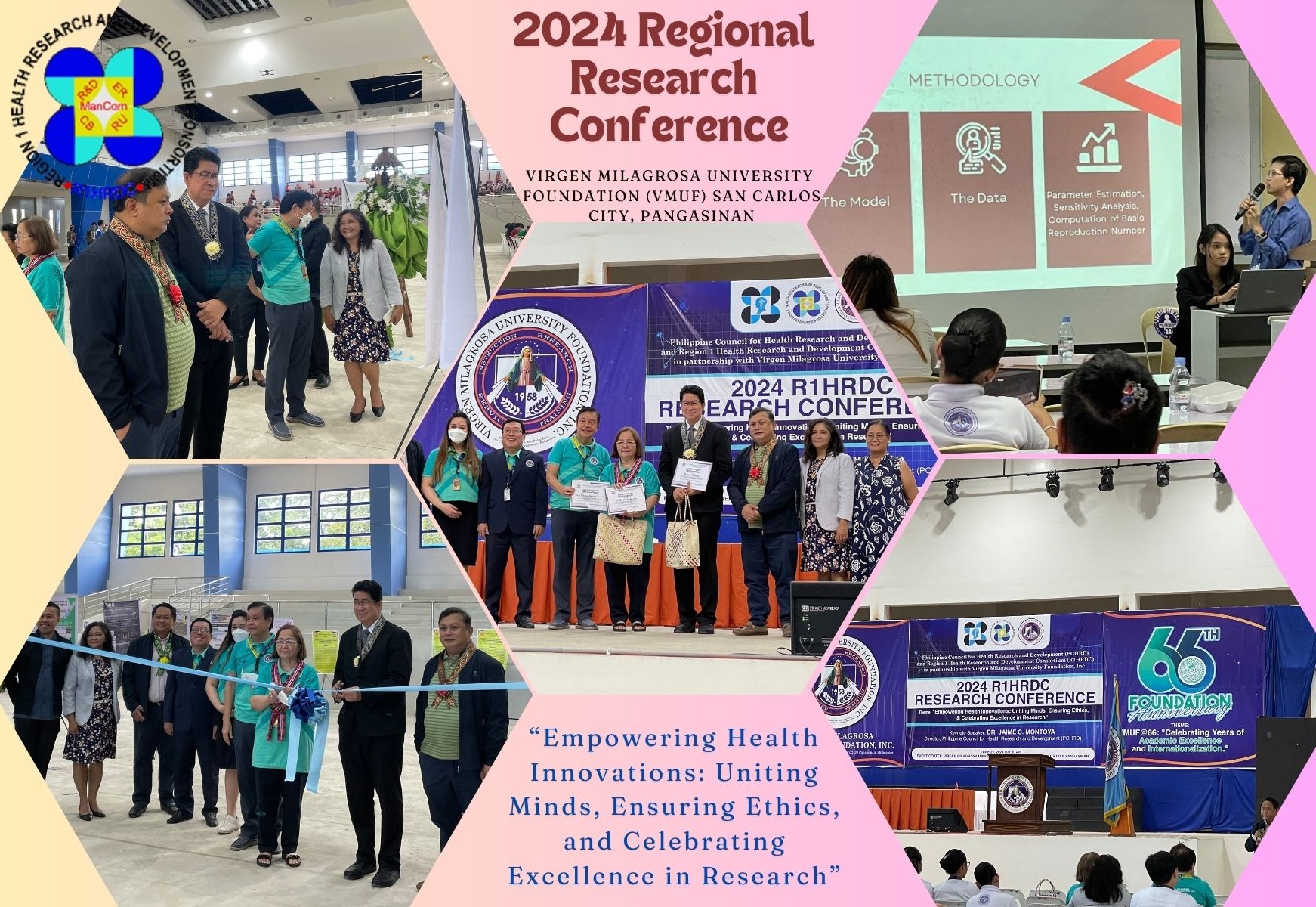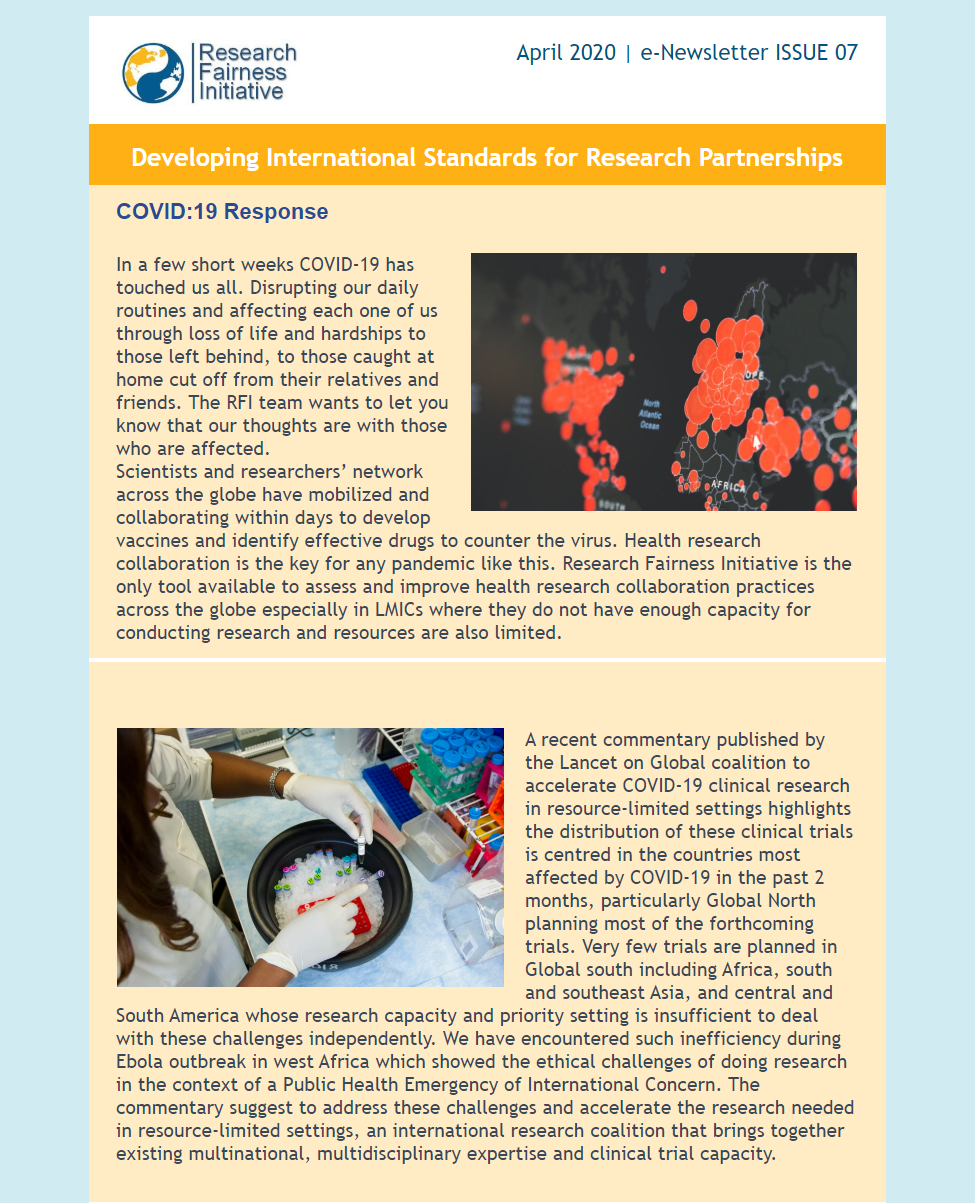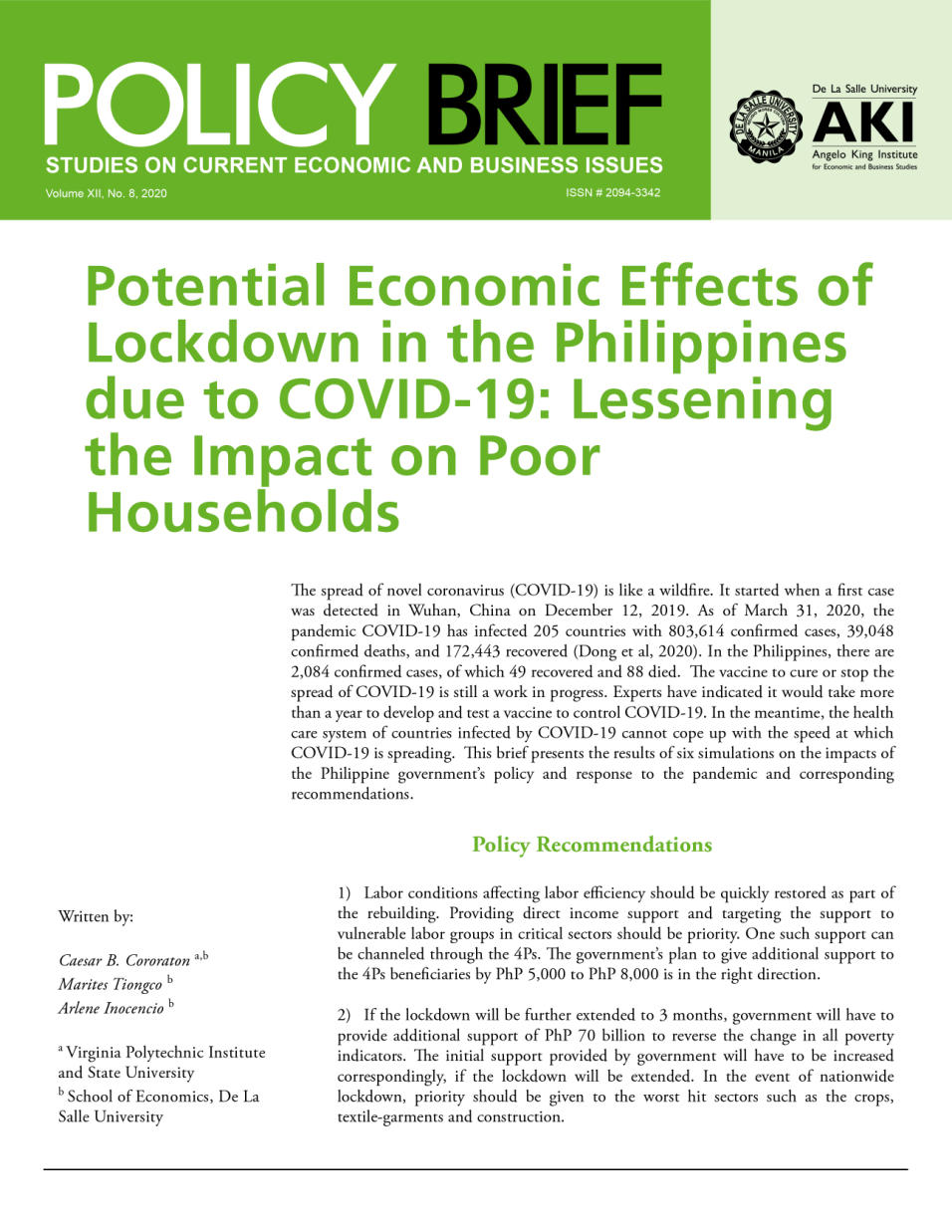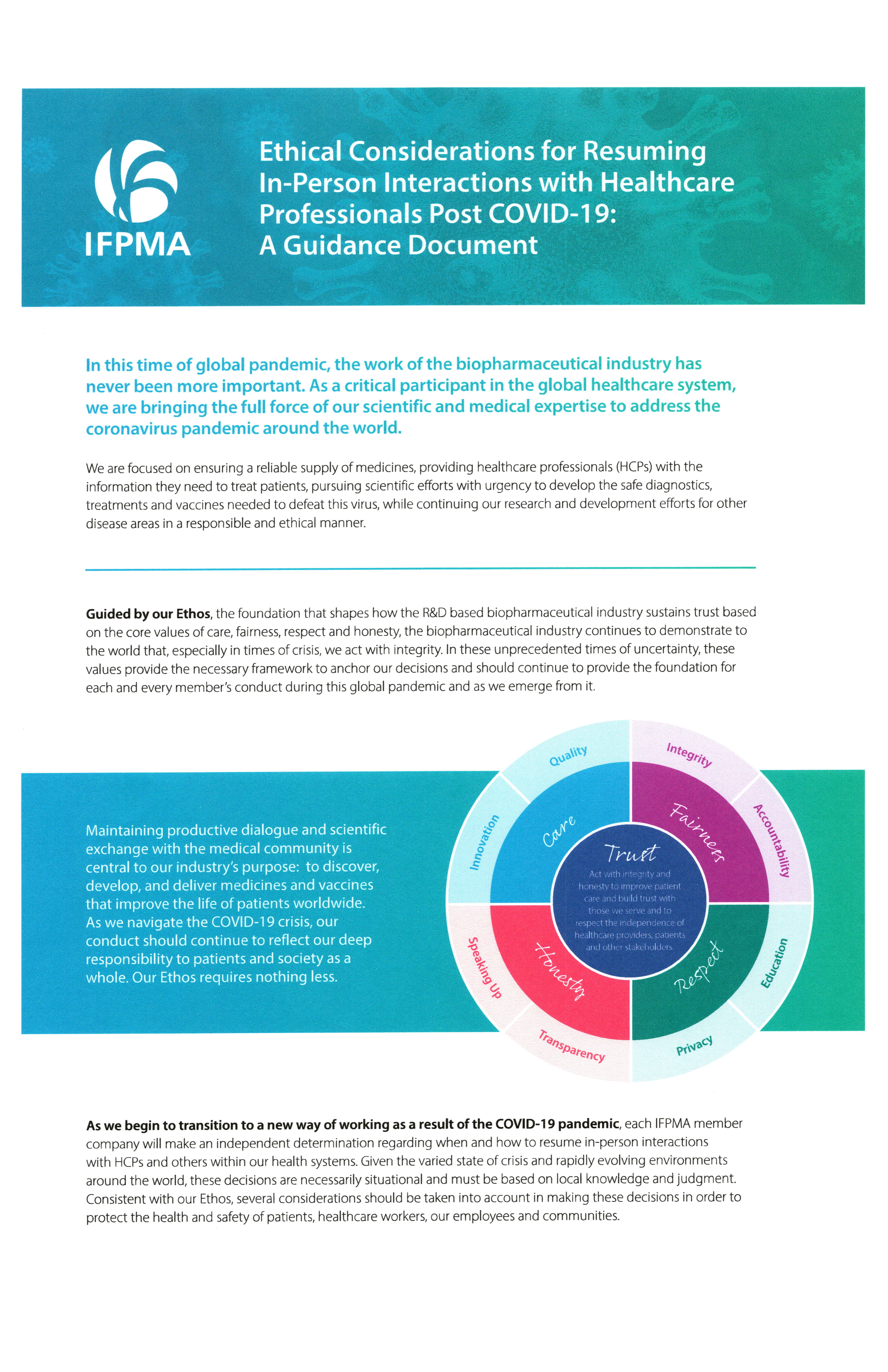
Sidebar
Research News
Filling the Gaps: Learning From Each Other During the COVID-19 Pandemic
The COVID-19 crisis has created many challenges for health systems around the world. Health leaders have to focus on sustaining their organisations at all levels, and the International Hospital Federation is offering its support to them through a number of projects.
The ongoing coronavirus pandemic reminds us of how we are all interconnected. Whilst impacting different countries in different ways and to varying degrees, this pandemic has demonstrated that we all have a common ground – it is a healthcare crisis and its issues tend to be similar in one way or another.
Hospitals urgently looking for supplies of personal protective equipment (PPE), healthcare workers being exhausted up to the brim, patients overwhelming emergency rooms, doctors making difficult choices on who to treat first based on the patient’s chance of survival – these are all common scenarios the global healthcare industry is facing today because of the COVID-19 pandemic.
READ THE ARTICLE
Copyright/ Source: IHF COVID-19 Newsletter
Virtual health care in the era of COVID-19
Patients are under lockdown and health workers are at risk of infection. Paul Webster reports on how telemedicine is being embraced like never before.
In the face of a surge in cases of coronavirus disease 2019 (COVID-19), physicians and health systems worldwide are racing to adopt virtualised treatment approaches that obviate the need for physical meetings between patients and health providers. But many doctors are watching warily.
